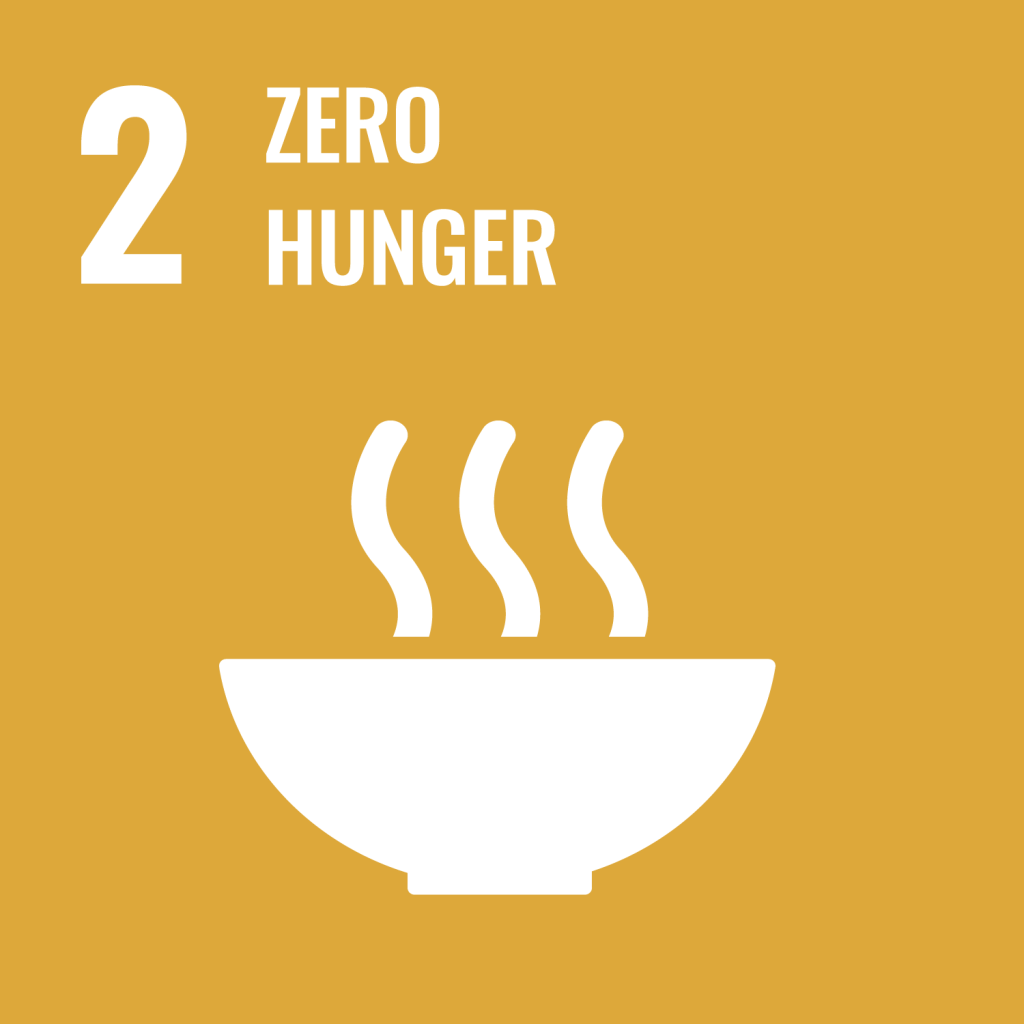Sustainable Development Goals
We are proud to announce that Mzuri Technology addresses over 50% of the United Nation’s Sustainable Development Goals.
Adopted by all United Nations Members, the 2030 Agenda for Sustainable Development provides a shared blueprint for peace and prosperity for people and the planet, now and in the future.
In global partnership, 17 Sustainable Development Goals were created to tackle regional and global issues including addressing food security, tackling climate change and protecting our natural resources.
It is a privilege, together with our partners, to be working towards a future centred around a stable ecological environment that is fit to feed the future.

Largely centred around providing sustainable agricultural solutions that benefit the environment, deliver for public good and enhance food security, our Mzuri Technology addresses the following UN Sustainable Development Goals:








